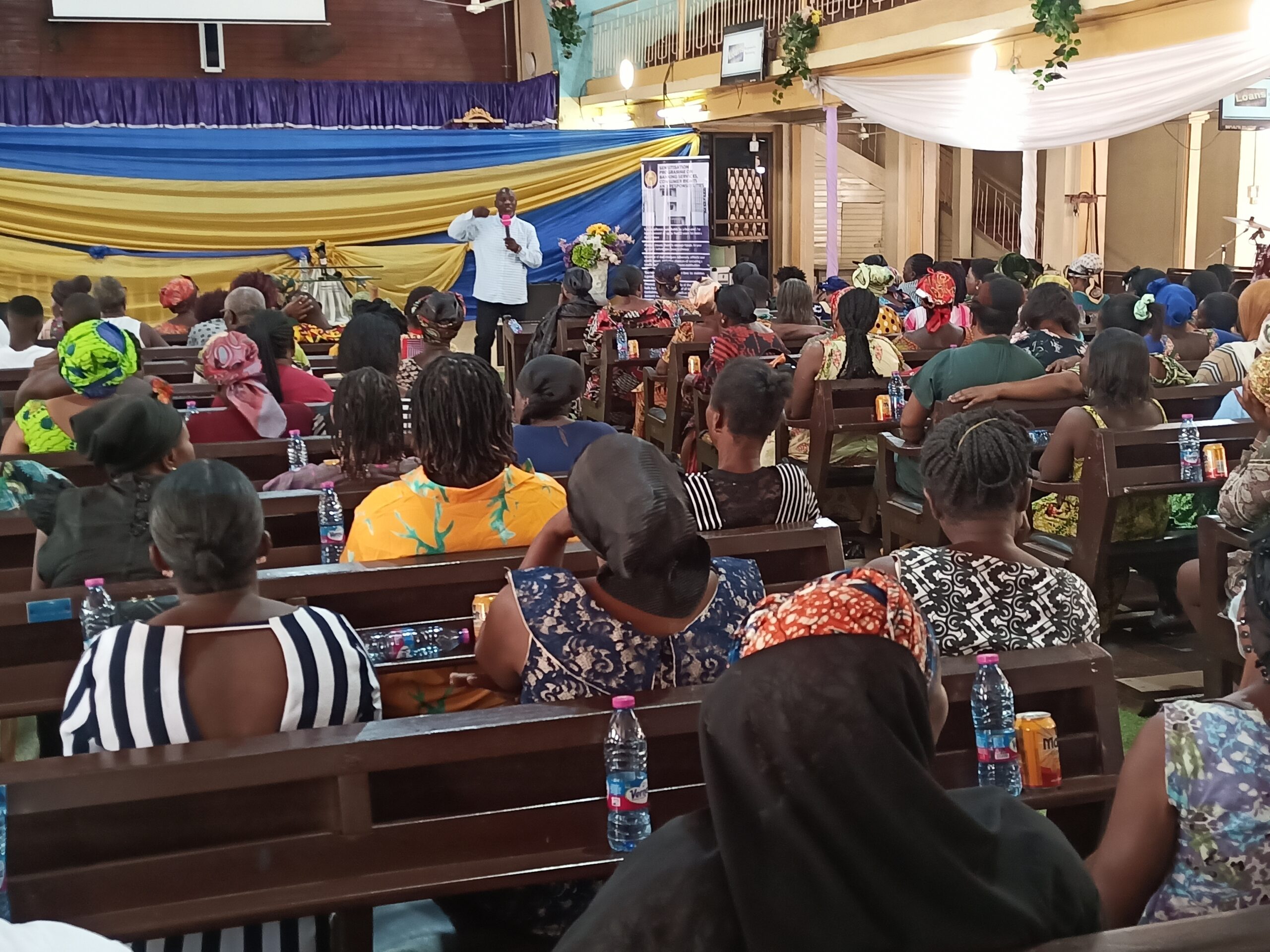
By Isaac FRIMPONG (Ph.D.)
A Street Vendor’s Dilemma.
Nana, a street vendor in Accra, wakes up at 4 a.m. daily to transport goods to the marketplace.
Despite his hard work, he pays multiple informal levies—market tolls, local, municipal, and metropolitan assembly fees, and contributions to trade associations—yet sees little improvement in public services.
He is sceptical about formal taxation, fearing his contributions will disappear into government coffers without tangible benefits.
Nana’s story is not unique but reflects a broader reality. Millions of informal economy workers contribute in various ways yet remain invisible in national tax discussions. This refutes the claim that too few people pay taxes.
This raises a critical question—when policymakers call for widening Ghana’s tax net, do they mean expanding direct income tax collection, or is the system failing to recognise the multiple ways informal economy workers already contribute?
Understanding the realities of informal economy workers is essential in designing a taxation system that is both fair and effective; this is the aim of this article.
Understanding the Realities of Informal Economy Workers
Ghana’s informal economy is the backbone of its economic landscape, contributing significantly to gross domestic product (GDP) and employment creation. It involves a diverse range of workers, such as traders, vendors, artisans, small-scale farmers, and transport operators.
\These individuals drive entrepreneurial innovation, sustain livelihoods, and provide economic security for many. However, these workers face challenges such as irregular incomes, precarious working conditions, and a lack of work-related social protection, such as pensions, paid leave, and health insurance.
Despite these challenges, many workers already contribute financially to the tax system through daily market tolls and municipal fees, even if not classified as direct income tax. The issue, therefore, is not just about broadening the tax base but about addressing the distrust in state institutions and the lack of a simplified, transparent tax system tailored to their realities.
The current Pay-As-You-Earn (PAYE) system, which is used for income tax collection, does not account for the realities of the informal economy. Most informal economy workers are self-employed or operate small businesses with irregular income streams, making the rigid PAYE structure impractical. A new approach is required to make taxation fair, practical, and inclusive for this group.
A New Approach: Learning from Global Practices
Ghana can adopt lessons from successful models in countries with similar challenges, such as Brazil, Mexico, and Uruguay. These nations implemented the Monotax system, a simplified tax regime for lower-income workers that integrates taxation with social benefits such as pensions and healthcare.
The Monotax model has proven effective in broadening the tax base while enhancing social protection. In Brazil, for example, revenue from Monotax contributors rose from 41 billion reais in 2016 to 73 billion reais in 2017 (SABRAE, 2017). Although challenges remain in achieving full coverage, sustained education and incentives have improved participation over time.
For Ghana, any new system must be rooted in local realities. Traditional mutual-aid schemes, such as Susu, can be leveraged to create a tax system with built-in accountability structures that ensure consistent contributions while aligning with existing informal financial practices. A bottom-up, Monotax-inspired model could be piloted in targeted sectors under the Ghana Revenue Authority’s supervision to assess its viability.
Addressing Trust and Government Accountability
A major barrier to tax compliance is the lack of trust in how tax revenues are used. Informal economy workers are unlikely to participate unless they see direct benefits and transparency in tax revenue management. To build trust, the government can implement measures such as
- Publishing tax revenue and allocations to show how taxes are used.
- Community-led monitoring of tax-funded projects to ensure accountability.
- Digital platforms allowing informal economy workers to verify contributions and benefits.
Additionally, to encourage participation, tax reforms must be accessible, rewarding, and transparent. Strategies include:
- Setting up tax registration points at market centres, transport hubs, and community events.
- Using town hall meetings, radio programmes, and local influencers (chiefs, market leaders) to explain taxation in relatable terms.
- Linking tax payments to essential services such as affordable healthcare, pension schemes, and business support programmes.
Conclusion
Ghana must move away from an elite-driven, complex tax model and develop a system embedded in the realities of informal economy workers, who number over nine million. A research-driven approach incorporating traditional financial structures, transparency, and tangible benefits will reduce opposition and transform taxation from a burden into an opportunity for economic security. The key to success is engaging informal economy workers as partners in building a more inclusive economy, rather than viewing them merely as taxpayers.
The writer is a Researcher and Consultant
The post Taxation with dignity: A fairer deal for informal economy workers appeared first on The Business & Financial Times.
Read Full Story




















Facebook
Twitter
Pinterest
Instagram
Google+
YouTube
LinkedIn
RSS